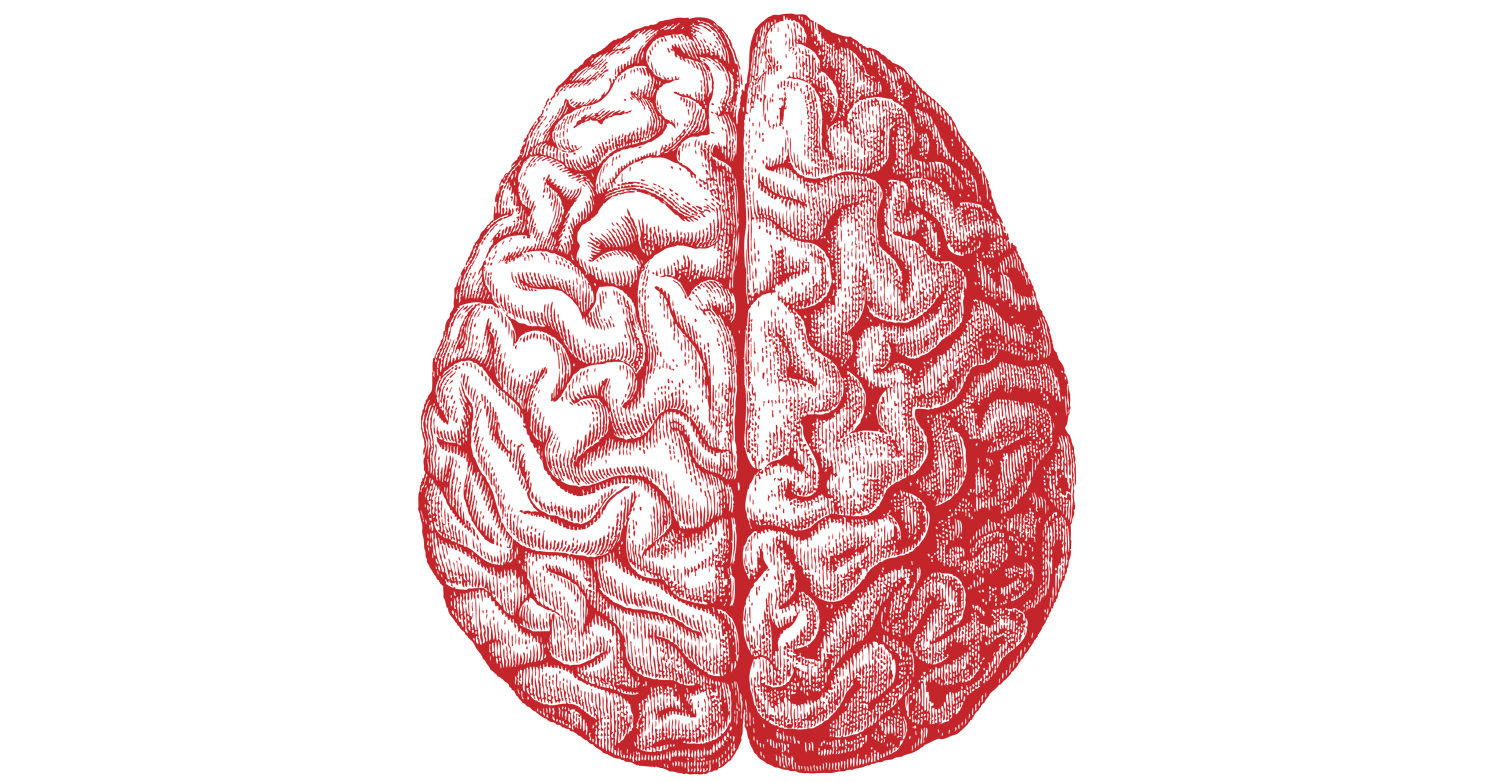The Difference Between a Personality Quirk and a Psychological Disorder

By:
Everyone deals with mental illness differently, and that sometimes means turning the camera on yourself to document it.
"Hi, my name is Ida. I am 24 years old. ... I either love you, or I hate you," a young Norwegian woman named Ida Storm states, as she documents her struggle with a mental illness called borderline personality disorder in a new VICE documentary. Storm shows the world what daily life can be like for someone diagnosed with this illness, including severe self injury and damaged interpersonal relationships.
(WARNING: Some viewers may find the content in this video disturbing or upsetting):
What is a personality disorder?
The U.S. National Library of Medicine defines personality disorders as a group of mental illnesses characterized by long-term behaviors and thoughts that are unhealthy and resistant to change. Psychology Today reports that such behaviors are not the consequence of a developmental stage, socio-cultural environment, medical condition, or substance use.
RELATED: What Dogs Do For Your Mental Health
The Mayo Clinic reports there are 10 different types of recognized personality disorders, classified under three broad clusters defined by particular kinds of thinking or behaviors: odd and bizarre, dramatic and emotional, or anxious and fearful.
Personality disorders can cause serious issues with relationships and work and trouble coping with routine stresses and problems.
RELATED: How You Should Talk About Mental Health
How are personality disorders different from personality traits?
What’s the difference between a personality style and a personality disorder? Psychology Today says the answer is how extreme the experience is.
People who have a personality disorder “think, feel and act” in ways that are at the fringes of what the general population experiences.
YouTube user Hank Green describes how tricky personality disorders can be, because the people who have them don't necessarily realize that there's anything wrong.
People with personality disorders also tend to repeat the same behaviors and are inflexible to change.
Randolph Nesse, a psychiatrist at the University of Michigan, told Psychology Today:
"Most of us are angry sometimes and loving sometimes, nice sometimes and mean sometimes. But people with personality disorders keep doing the same things over and over again."
What causes personality disorders?
The American Psychological Association (APA) says that research suggests that genetics, abuse, and other factors can contribute to the development of some types of personality disorders. But there is no single factor at this time identified as a cause for the disorders.
RELATED: How Improv Impacts Your Mental Health
The latest available numbers from the National Institute of Mental Health show that about 9 percent of the U.S. adult population has a diagnosed personality disorder. NIMH also reports that sex and race are not correlated with the likelihood that a person will develop a personality disorder.
 aboutmodafinil.com - flickr.com
aboutmodafinil.com - flickr.com
The Mayo Clinic reports that personality disorders usually begin in teenage years or in early adulthood. Depending on the type of disorder with which you are diagnosed, the disorder may fade with age.
How are personality disorders treated?
The treatment depends on the type of personality disorder, the severity of the disorder, and the life situation of the patient. According to the Mayo Clinic, a treatment team may comprise a primary doctor, a psychiatrist, a pharmacist, family members, and social workers.
RELATED: 7 Ways to Save Your Mental Health in College
Medication also may be used to treat a personality disorder, depending on the symptoms. But no specific medication exists specifically to treat personality disorders.
How to take action.
If you think that you or someone you know might have a personality disorder, take advantage of the APA’s psychologist locator to find a mental health professional near you. You can tailor the location, gender, and specialization of the professional on the locator to find someone who can help with treatment.
